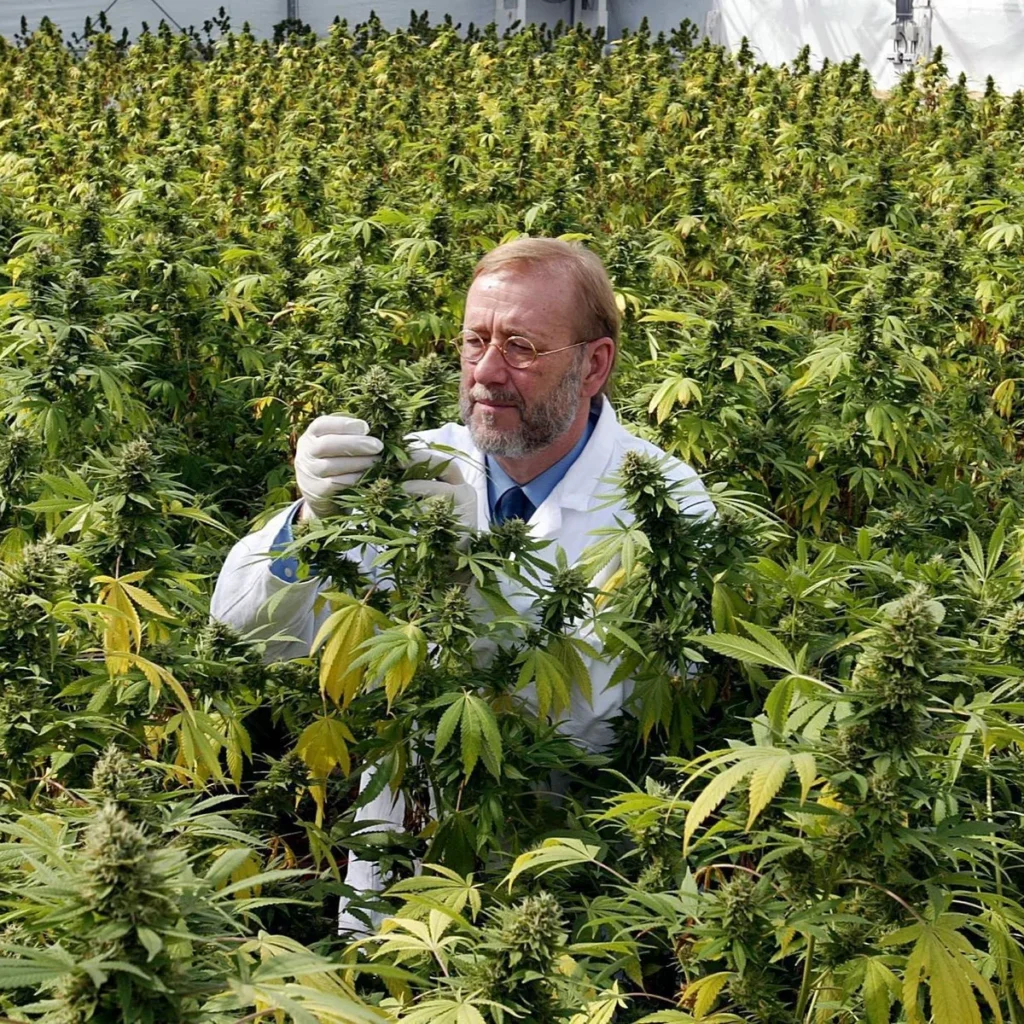Discovering Weed in Lubin: Exploring Cannabis Use, Social Shifts, and Legal Frameworks in a Polish Town

However, like many places in Poland and beyond, it is not immune to the global conversation about cannabis use, regulation, and societal impact. We will also touch upon the ongoing national debate about cannabis reform and what the future of cannabis might look like in Lubin and other Polish towns on discover weed in Lubin.
The Legal Framework of Cannabis in Poland: Strict, Yet Evolving
Cannabis, both for recreational and medical use, remains illegal in Poland. Under Polish law, the cultivation, possession, sale, or distribution of cannabis is a criminal offense. While Poland legalized medical cannabis in 2017, its use remains heavily regulated. This means that only individuals with certain medical conditions—such as chronic pain, epilepsy, or cancer—can access cannabis-based products through a prescription from a licensed doctor on discover weed in Lubin.
Despite the fact that cannabis remains illegal, its use persists across the country, including in Lubin. The strictness of the laws does not seem to have fully deterred cannabis users, as underground markets continue to thrive, fueled by demand for the drug on discover weed in Lubin.
The Underground Cannabis Market in Lubin
Despite the legal restrictions surrounding cannabis, Lubin, like many towns in Poland, experiences the presence of an underground cannabis market. Cannabis is still widely accessible in the town, with many residents obtaining it through informal channels. Whether it’s through a trusted friend or a street dealer, people in Lubin often find ways to source cannabis, even if it means engaging with the black market on discover weed in Lubin.
These transactions are usually carried out in private locations, away from public scrutiny on discover weed in Lubin.
However, purchasing cannabis from the black market comes with significant risks. Since the drug is illegal, it is sold without any regulation or quality control. Furthermore, the illicit nature of the market drives up prices, making cannabis more expensive compared to legal substances.
Changing Attitudes Toward Cannabis Use in Lubin
While cannabis remains illegal in Lubin, social attitudes toward its use are gradually evolving. In recent years, there has been a noticeable shift in how cannabis is perceived, especially among younger generations.
The shift in perception is also tied to the growing awareness of cannabis’ medicinal properties.
Among younger people in Lubin, cannabis consumption is no longer viewed as taboo or immoral.
Generational Divide: Attitudes Among Older Residents
Despite the growing acceptance of cannabis among younger people in Lubin, the older population tends to hold more conservative views on the drug. For many in the older generation, cannabis use is still associated with criminal behavior, addiction, and moral decline.
While there are certainly residents in Lubin who advocate for cannabis reform, the town as a whole has not yet reached a consensus on the issue.
Cannabis Reform in Poland: A National Debate
On a broader scale, cannabis reform has become a prominent topic of discussion across Poland.
In Poland, public opinion on cannabis is shifting. While the country remains conservative on many social issues, polls suggest that a growing number of Polish citizens, especially among the younger generation, support the legalization or decriminalization of cannabis.
Moreover, the medical cannabis program that was implemented in 2017 has shown positive results, with patients reporting improved quality of life and reduced symptoms from various medical conditions.
The debate on cannabis reform is ongoing, and while some regions of Poland, including major cities, are beginning to embrace more progressive attitudes toward cannabis, Lubin and other smaller towns may still take time to catch up with these changes.
The Future of Cannabis in Lubin
Looking ahead, the future of cannabis in Lubin may depend on how the national conversation evolves. For now, cannabis use remains illegal in the town, and its presence is limited to the underground market.
If cannabis reform does come to Poland, Lubin, like other towns, will likely face a period of adjustment. This may include discussions around regulation, public health, and social attitudes toward cannabis use.
Conclusion
Inowrocław, much like other towns in Poland, is experiencing the complexities of cannabis use and its evolving place in society. While cannabis remains illegal, there are shifting social attitudes, especially among younger generations, who are increasingly open to cannabis consumption.

When it comes to marijuana products, ScentHub offers an extensive selection of some of the highest quality items I’ve come across. I’ve tried a variety of strains, edibles, and concentrates, and the quality has consistently been outstanding. The flowers are always fresh, fragrant, and potent. I’ve had the chance to try both Sativa and Indica strains, and the effects have been exactly as described. Contact them on email: Scenthub43@gmail.com and also there Telegram : t.me/Scenthub43
Wow they have an option for me. The variety in their selection means that no matter my experience level, I’ll find a product that fits my needs. highly recommended .
I can say without hesitation that ScentHub has earned my loyalty. From the quality of the products to the exceptional customer service.
I’ve had a number of experiences where edible products don’t quite deliver the promised effects or leave an unpleasant aftertaste, but that’s not the case with ScentHub. The gummies, chocolates, and drinks I’ve tried have all been potent, flavorful, and consistently effective. The packaging is also informative, making it easy to understand the dosage and what to expect from each edible, Thank you !!!
They also don’t pressure you into buying anything you’re not ready for, which is a huge relief. It feels more like a conversation with a trusted friend rather than a hard sell. highly recommended!!
I am genuinely impressed with every aspect of my experience.
